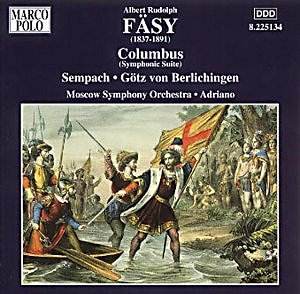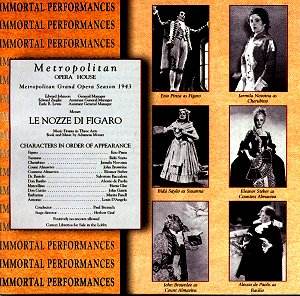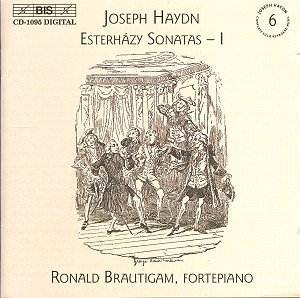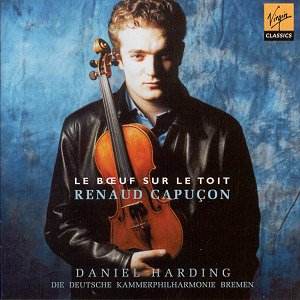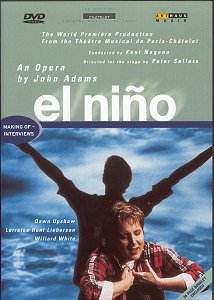 Composer: John Adams.
Composer: John Adams.
Works: El Niño.
Performers: Soprano Dawn Upshaw; Mezzo-soprano Lorraine Hunt Lieberson; Baritone Willard White; Theatre of Voices (Counter-Tenors: Daniel Bubeck, Brian Cummings, Steven Rickards); Dancers: Daniela Graça, Nora Kimball, Michael Schumacher; London Voices; Maîtrise de Paris Children’s Choir; Deutsches Symphonie-Orchester Berlin; conducted by Kent Nagano.
Recording: DVD Video 100 220 [147 mins], world premiere production from the Théâtre de Paris-Châtelet, 2000.
Label: Arthaus Musik.
John Adams, a pivotal figure in contemporary American classical music, continues to broaden the operatic landscape with his work El Niño. Premiered in 2000, this piece offers a fresh perspective on the Nativity story through a prism of multiple “Marys,” which, as articulated by librettist Peter Sellars, presents a tapestry of voices representing different experiences and cultural dimensions. The work, initially titled La Nativité, encapsulates the juxtaposition of traditional Christian themes with modern sociopolitical commentary, drawing on the dual meaning of El Niño as both “the boy” and the destructive weather phenomenon affecting the southern United States. This duality serves as a metaphor for conflicting narratives surrounding identity and existence in contemporary society.
The performance captured in this DVD is noteworthy for its stellar cast, led by soprano Dawn Upshaw and mezzo-soprano Lorraine Hunt Lieberson. Upshaw’s portrayal of Mary resonates with a poignant blend of vulnerability and strength; her interpretation of the Magnificat stands out within the score. The precision of her vocal technique complements her emotional depth, allowing listeners to experience the multifaceted nature of her character. Lieberson’s warm timbre enriches the narrative, particularly in her duet with Upshaw, where their voices intertwine to create a stunning sonic tapestry reflective of their shared experience.
Baritone Willard White’s performances as both God and Herod showcase his versatility and commanding presence. His resonant voice imbues Herod with palpable menace, while his portrayal of God in the final number, “A Palm Tree,” reveals a softer, nurturing dimension. The choreography and staging—featuring dancers embodying interpretations of Mary—enhance the work’s thematic richness, though at times the visual elements risk overshadowing the music. The countertenors of the Theatre of Voices provide compelling commentary, their blended tones heightening the ethereal quality of Adams’s score.
The DVD’s engineering captures the vibrancy of Adams’s orchestration, characterized by colorful instrumentation and rhythmic complexity. The Deutsches Symphonie-Orchester Berlin, under Kent Nagano’s direction, delivers a dynamic yet nuanced performance. Sound quality excels in revealing subtleties, from shifting harmonies in the opening “I sing of a maiden” to intricate choral writing. Balance between singers and orchestra ensures vocal lines remain prominent without obscuring rich orchestral textures.
Comparisons to Adams’s Nixon in China or Doctor Atomic may arise, but El Niño distinguishes itself through its fusion of operatic and oratorical elements, innovating storytelling via classical forms. The production’s ambition in addressing contemporary issues through a historical lens marks it as a significant contribution to the genre.
El Niño’s multifaceted nature invites repeated viewings to unpack its symbolism and emotional depth. Adams’s exploration of the Nativity narrative resonates with urgency in today’s context, rendering this recording both an artistic achievement and a profound societal commentary. A compelling testament to Adams’s artistry, this production is an essential addition for discerning listeners.
